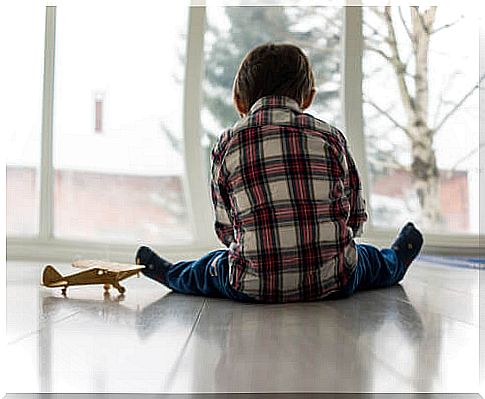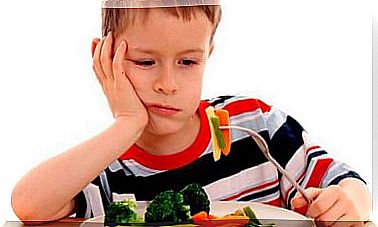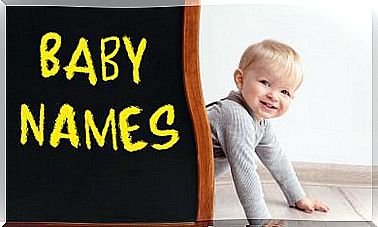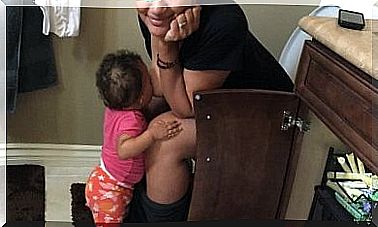What To Do If My Child Does Not Want To Interact With His Classmates?

If your child has trouble making friends, you can help him develop skills to interact with other people appropriately. Thus, you no longer have to say: “My son does not want to interact with his peers.”
4 ways to help a child relate to their peers
You can start by getting your child comfortable with his peers without forcing him to act against his will. So, you should be the role model by maintaining good relationships with your friends.
Also, when talking to your child it is good that you always look him in the eye; You must show empathy and put yourself in their shoes. Based on these two key questions, we recommend some other behaviors that can help.
Hold game gatherings at your home
Your child will most likely be motivated to interact with other children at home. This environment will be familiar to you, and you will feel comfortable and confident.
Invite a few children to social activities
If you plan to have a party in the park or plan to take it to a pool, it is best if you invite a few children. This way, your child won’t feel intimidated or pressured by having to talk to so many at once.
Don’t push it too hard
Forcing him to do something he doesn’t want to do will not help. Try to select activities that the child prefers, or you can also encourage him to choose them.
Encourage you to participate in recreational activities
These are good times for your child to socialize with other children his age; It can be through sports activities or in a dance or music academy, among others.
What to do if my child is already a teenager?
Good friendships offer future benefits for a teenager. For this reason, encourage him to interact with his peers.
You should get used to having good communication with him and asking him questions to find out what is the cause that prevents him from having friends. Encourage him to find ideas to improve his personal relationships.

Also, help him put established ideas into practice. Play the role of his classmates and rehearse different situations until he manages to maintain a fluid and friendly conversation. Make things easier for him by offering to take him and a few classmates to social events or extracurricular activities.
Being friends with the parents of your child’s classmates and participating in various activities together will be beneficial. This will give you the opportunity to start a conversation with some and even join groups of your age little by little.
Why doesn’t my child want to hang out with his peers?
Some children may be inhibited when expressing their opinions and downplaying their feelings and needs. They prefer to adapt to the wishes and opinions of other children, who quickly perceive their insecurity.
Another reason is the fact that they may feel little respected or have low self-esteem. This greatly affects their image of themselves.
Some learning and attention problems can also make a child unwilling to interact with peers. Also, language disorders would prevent him from finding suitable words and expressing them correctly.
On the other hand, this can also be due to some hearing difficulty that does not allow you to hear correctly. For this reason, the child withdraws and does not engage in conversation with others.
My son does not want to interact with his peers, how does it affect him?
Not being able to maintain a friendship with their peers has a negative impact on some children and young people. They may lower their self-esteem, lose self-confidence, and avoid participating in new activities.
They can also feel very sad, because they think that no one can help them change their situation and they feel that they cannot control their own feelings.

Help from professionals in the field
You can use this resource by going to experts who offer practical advice on websites or in books. There you will obtain the necessary information to help your child develop social skills, strengthen them and be more resistant.
School teachers can be of great help, especially if you make the situation clear to them. You could say something like “My son does not want to interact with his peers, what actions can we implement together?”
Accordingly, they will take action. For example, try to get the child to start moving with a group with positive experiences or make him integrate with more sociable peers and willing to accept new friends.
With the suggestions in this article, your child will begin to socialize in a less traumatic way for him. The phrase “my son does not want to interact with his classmates” will cease to be the topic and concern of each day.










